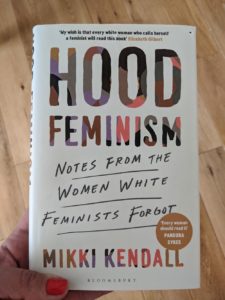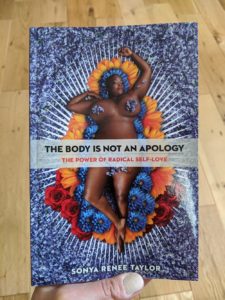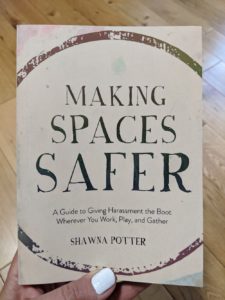Our Enemies in Blue by Kristian Williams
Written by Ashley Kelmore, Posted in Reviews
Best for:
Those new to the idea of police abolition, and who are interested in learning more about the history of policing in the US.
In a nutshell:
Author Williams provides a thoroughly researched examination of the brutally violent world of US policing.
Worth quoting:
“If we do the math, we see that the police kill almost seven times as often as they are killed. The fact is, the police produce far more casualties than they suffer.”
“Despite its initial plausibility, the idea that the police were invented in response to an epidemic of crime is, to be blunt, exactly wrong.”
“Wherever the sympathies of individual officers may lie, the institution’s imperatives are always in the service of power.”
“Worst of all, the new intolerance sometimes makes crimes ou of the most human, humanizing, and humane aspects of city life, the elements that make it tolerable — or for some people, possible.”
Why I chose it:
I bought this a couple of years ago. It came with me when I moved to the UK, but it’s so long (400 pages plus citations). But it seemed time to finally open it.
Review:
Even though I was raised by my parents and community (D.A.R.E., anyone?) to trust the police, I’ve always been a bit scared of them. The power they hold has made me hesitant to call them even when it was generally deemed appropriate to do so. These days, as I’ve learned more about who the police are and how they treat people who don’t look like me, calling them is the absolute last resort. When they are in my neighborhood I slow down to see how the interaction is going, to determine whether I need to say something, or pull out my phone to record them.
But even with that very basic understanding that the police are not here to protect anything other than property, and perhaps middle-class and rich white people, I still wasn’t very well versed in the history of policing in the US, so I picked up this book. It is definitely what I would consider a tome. It is not a quick read, but it also not a hard read, as in difficult to understand. But it is hard to read, because the brutality that serves as the foundation — and the walls, and the roof, and the furniture — of this institution is unbroken. From the slave patrols, through to connections with the KKK; helping to break strikes and kill labor organizers; to overpolicing communities of color and murdering Black men, women, and children for the crimes of: sleeping in their own apartments (Breonna Taylor), carrying a BB gun in an open carry state (John Crawford III), possibly using a counterfeit bill (George Floyd), playing in a park (Tamir Rice); the police in the US cannot be trusted.
Much of this book is a history lesson, detailing various atrocities along with the different policies and political machinations that have only increased the power of the police of the years. Williams pulls no punches, but he doesn’t have to – the facts speak for themselves. But in the afterward, Williams discusses alternatives to policing. He doesn’t lay out any clear answers or programs that will definitely work, but there are so many community-based organizations out there now that have offered options that I would refer to instead, like the BREATHE Act put forth by the Movement for Black Lives.
Keep it / Pass to a Friend / Donate it / Toss it:
Donate it




